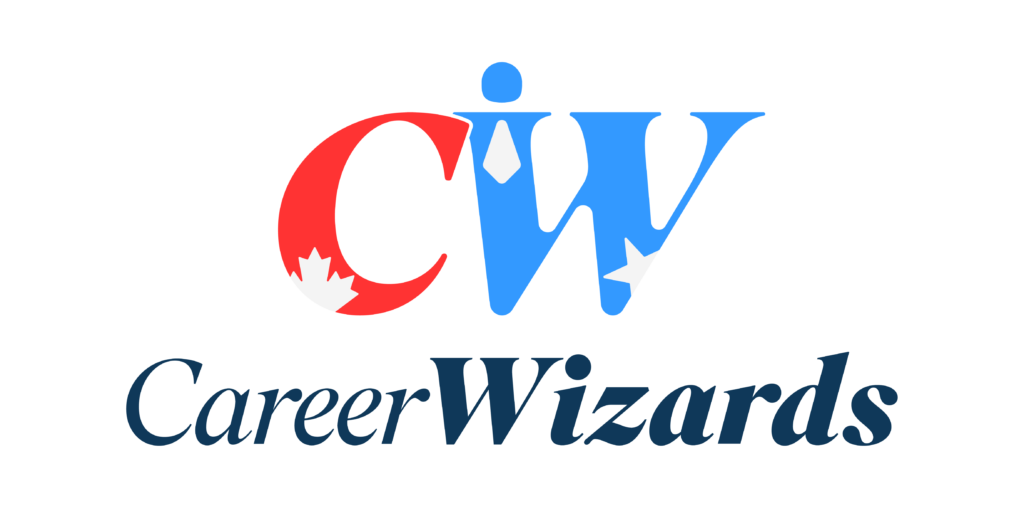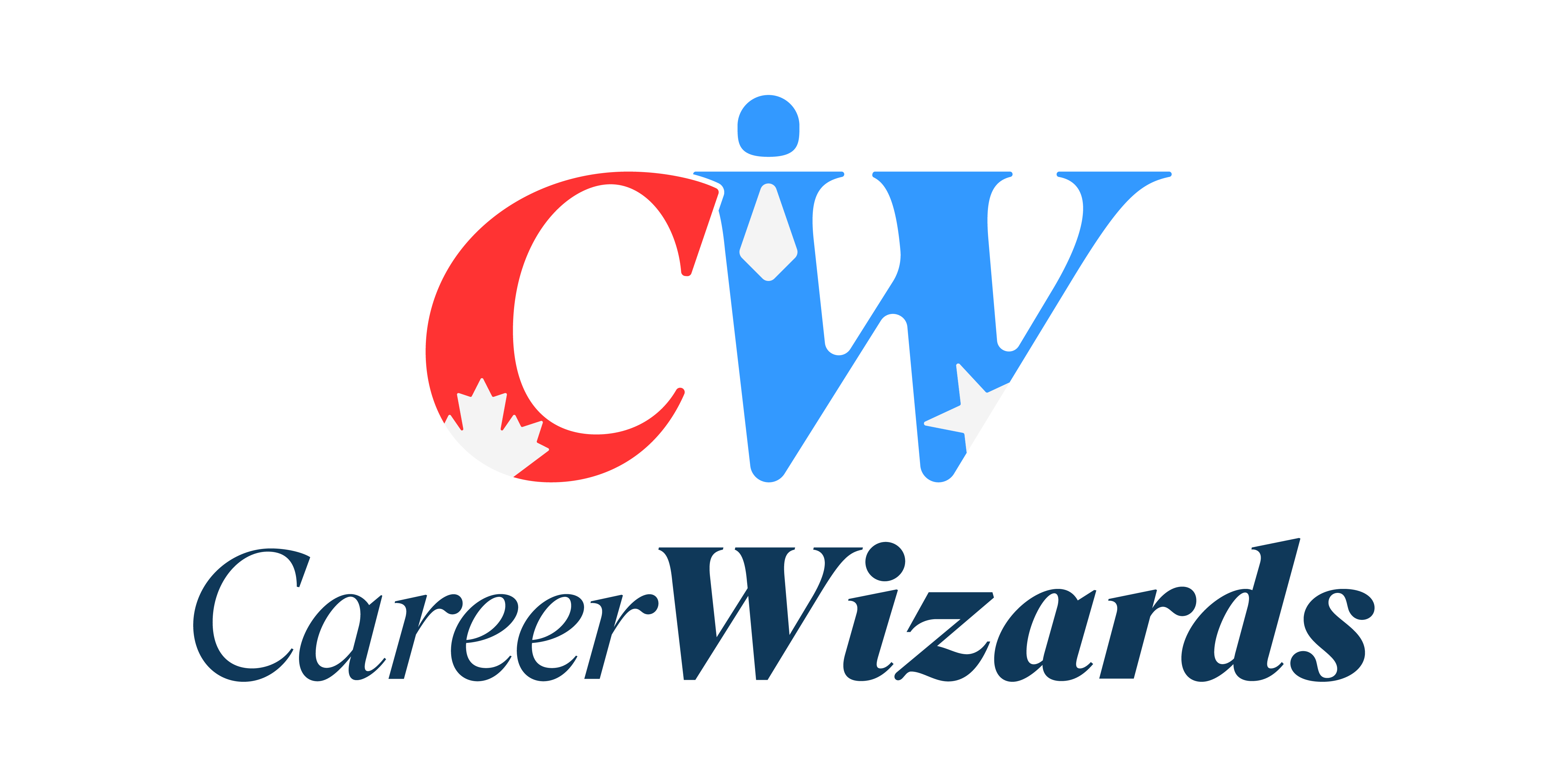How to Be the Selected Candidate
If you want to stand out in interviews, you need to show more than skills—you need to show strategic awareness. The most successful candidates understand how to connect their expertise to what’s happening in the market, the industry, and the specific role they’re applying for.
By mastering these three layers of understanding, you demonstrate the mindset of someone ready to perform at a high level—and make it easy for employers to trust that you are the right choice.
1️⃣ General Market Dynamics
What it means:
Awareness of trends, challenges, and opportunities affecting the broader economy or job market.
Why it matters:
Employers value candidates who understand the external environment and can connect it to business realities. It shows that you think beyond your job description.
Example:
If you’re interviewing for a supply chain role, mention how post-pandemic disruptions have affected global delivery times and costs—and how that may influence your target company’s operations.
What to say:
“With the ongoing ripple effects of global supply chain disruptions, businesses in North America are reevaluating supplier diversity and lead times. I imagine your company has had to adapt as well—are you exploring any nearshoring strategies to address this?”
💡 Pro tip: Staying informed through reputable sources like LinkedIn industry groups, World Economic Forum reports, and trade journals helps you bring relevant insights into every interview.
2️⃣ Industry Dynamics
What it means:
Understanding trends, competitors, and regulations shaping the company’s sector.
Why it matters:
It shows you’re proactive and strategic. Employers want people who grasp where the industry is headed, not just what’s happening today.
Example:
For a marketing role in renewable energy, highlight how sustainability trends and evolving tax incentives are transforming customer expectations and corporate strategies.
What to say:
“The renewable energy industry is experiencing rapid growth, with consumers prioritizing sustainable energy solutions. At the same time, regulatory shifts like federal clean energy incentives are reshaping market positioning. How is your team adapting to stay competitive?”
💡 Pro tip: Use this part of the interview to demonstrate business acumen—referencing recent news or reports adds credibility.
3️⃣ Role-Specific Dynamics
What it means:
Deep understanding of the tools, processes, and priorities of the role you’re pursuing.
Why it matters:
Employers look for candidates who can add value from day one and understand what success looks like in the position.
Example:
If you’re interviewing for a data analyst role, show your grasp of analytical tools and your ability to link data insights to strategic outcomes.
What to say:
“In analyzing customer retention rates, I’ve found that combining historical data with predictive analytics tools like Tableau and Python can uncover patterns that drive strategic decisions. For example, [insert brief CAR story—Challenge, Action, Result].”
💡 Pro tip: Prepare two CAR stories for each core responsibility in the job description—this makes your answers structured and memorable.
Why All Three Levels Matter
Employers aren’t just evaluating your technical skills—they’re assessing your ability to think critically, connect dots, and see the big picture. When you speak confidently about market, industry, and role-specific dynamics, you signal readiness for leadership and long-term contribution.
Ready to Become the Selected Candidate?
If you need help crafting your interview strategy or building a compelling narrative that highlights your value, reach out for personalized career coaching or interview preparation support.
SEO Keywords (naturally integrated):
how to be the selected candidate, interview preparation tips, how to stand out in interviews, job interview strategy, job market trends, interview coaching, career development for job seekers, how to prepare for interviews, job interview examples






